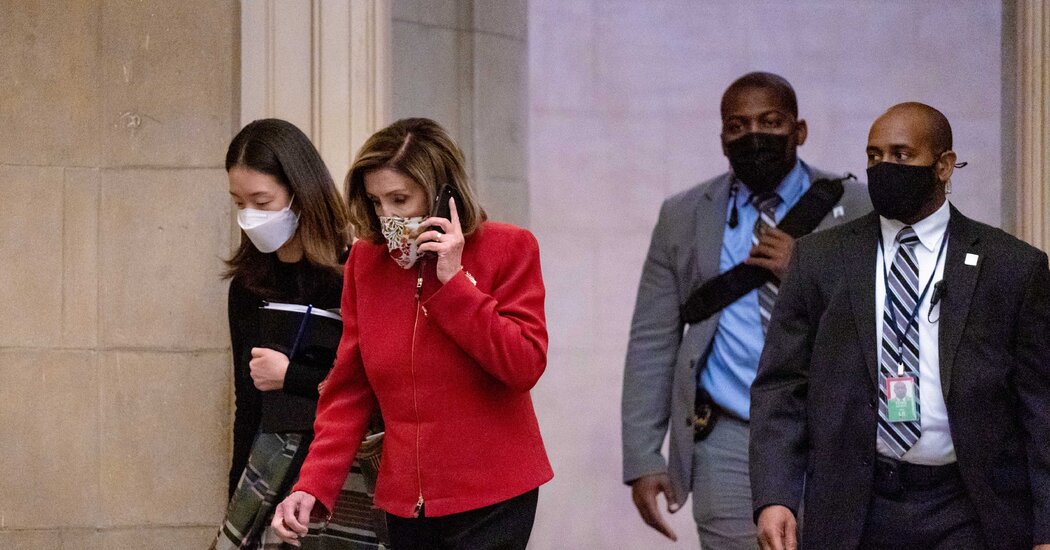Legal recourse? Nissan balances competitive and security fallout from source code leak
News that source code of Nissan North America tools leaked online because of a misconfigured Git server spurs questions not only about potential cyberattacks by bad actors, but also whether competitors could use the sensitive data against the automobile giant.
Nissan offerings associated with the leaked source code ran the gamut from Nissan North America mobile apps and Nissan’s internal core mobile library to some parts of the Nissan ASIST diagnostic tool and sales and marketing research tools and data. The Git server has since been taken offline, after data began to get shared on Telegram and hacking forums.
Based on discussions with intellectual property lawyers, Nissan may have some recourse in terms of filing injunctions and suing for damages under copyright, trade secrets and patent laws. To do so, the auto maker will have to expend a great deal of resources to track violators down and bring them to court. This assumes that the violators are in the United States and the company could take action under U.S. law.
Thomas Moga, a senior counsel and intellectual property attorney at Dykema, which has many automotive clients, said that according to the U.S. Copyright Office, laws protect original works of authorship “fixed in a tangible medium of expression.” Moga added that under that definition, source code can qualify for protection under the copyright laws.
“So it appears that Nissan owns a copyright in the source code and that it may well be in a position to bring an action against unauthorized users of its source code,” Moga said. “But it’s up to Nissan to pursue those actions; I think we can expect them to be very aggressive, as they should be.”
Jennifer DeTrani, general counsel and executive vice president of Nisos, added that Nissan could potentially file lawsuits as part of a legal strategy to repair the reputational damage from the leak, showing the public they are serious about protecting their vehicles. But legal remedies would not yield much.
“Collecting damages under copyright law assumes that there’s somebody with deep pockets to sue who would pay,” DeTrani said. “Any competent lawyer could get the…


